Ashamed of flying? It’s both a good and a bad thing, says CBS researcher
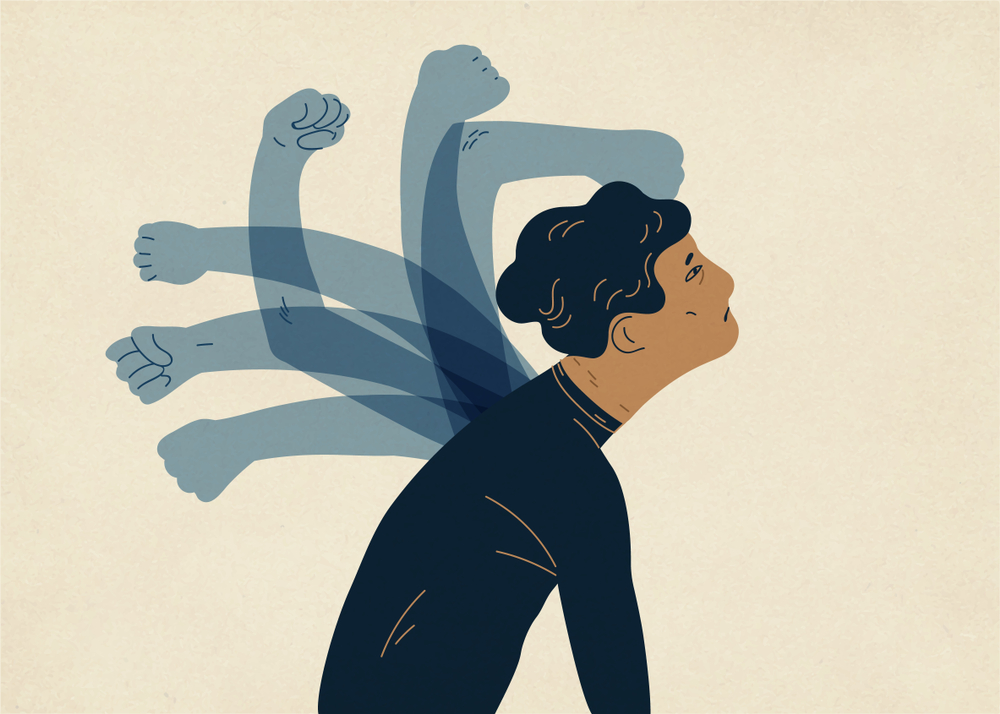
"Not much has been done on flight shame in the academic world. We see a few articles in the media, but we don’t know what it is, why people feel ashamed, or what the consequences are," says Florian Kock, Assistant Professor at the Department of Marketing. (Illustration: Shutterstock)
The phenomenon of flight shame is spreading, but researchers don’t know why we feel like this or what the consequences of it are. Assistant Professor Florian Kock from CBS is going to investigate the nagging feeling that, according to him, can end up making even more people choose to fly. It’s quite paradoxical.
Florian Kock knows the feeling of flight shame. He had gone to Italy by train – it’s fairly easy, he claims – and it was his intention to return to Copenhagen the same way. But an urgent meeting came up, and he couldn’t make it back in time.
“I went by train from Bolzano to Munich and took a plane from there to Copenhagen. I felt ashamed of flying in that moment,” explains Florian Kock, who’s an Assistant Professor at the Department of Marketing at CBS.
And he’s not alone in that feeling. A quick Google search shows plenty of articles, guides and opinion pieces on the topic. Some offer good advice on how to cope with flight shame; others discuss whether the millennials are doomed to live with flight shame for the rest of their lives; and one article states that Swedes in particular suffer from flight shame.
A journalist from the Time Magazine, who interviewed Florian Kock about the matter, wasn’t quite sure what to even call the depressing feeling when entering an aircraft. So, he and Florian Kock agreed on ‘flying shame’.
“Not much has been done on flight shame in the academic world. We see a few articles in the media, but we don’t know what it is, why people feel ashamed, or what the consequences are,” he says.
And Florian Kock wants to change this. He’s started to investigate the phenomenon so he can get more insights into the mechanisms that make some people ashamed of flying, the consequences of it, and how they should cope with it.
Often when people feel ashamed, they stop doing whatever it is that makes them feel that way. The problem when it comes to flight shame is that it’s not that easy
Florian Kock
Eventually, the knowledge can become useful for decisions makers, and Florian Kock hopes that it will inspire the airlines to consider making greener options for their passengers. But we’ll get back to that.
First, we need to understand the nature of shame.
Shame comes in many forms
This summer, I went to Norway on vacation. I decided that I wanted to fly one way, and then go home by bus, train and ferry as a way to compensate for the air travel to Bergen. The minute I set foot in Copenhagen Airport, I felt ashamed. Why didn’t I spend that extra money and time on finding a different way to transport myself to Norway?
Florian Kock explains that when we feel ashamed of something, it can be divided into two categories. Internal and external.
“You can be ashamed of doing something because of social pressure and because you’re concerned about how people look at you. You might not even be convinced about the climate crisis, but you might still feel ashamed of flying because of social pressure,” he says and adds:
“Nowadays, if you tell people that you went on holiday to Sri Lanka, it could potentially lower your status, because of how air travel is viewed among certain people.”
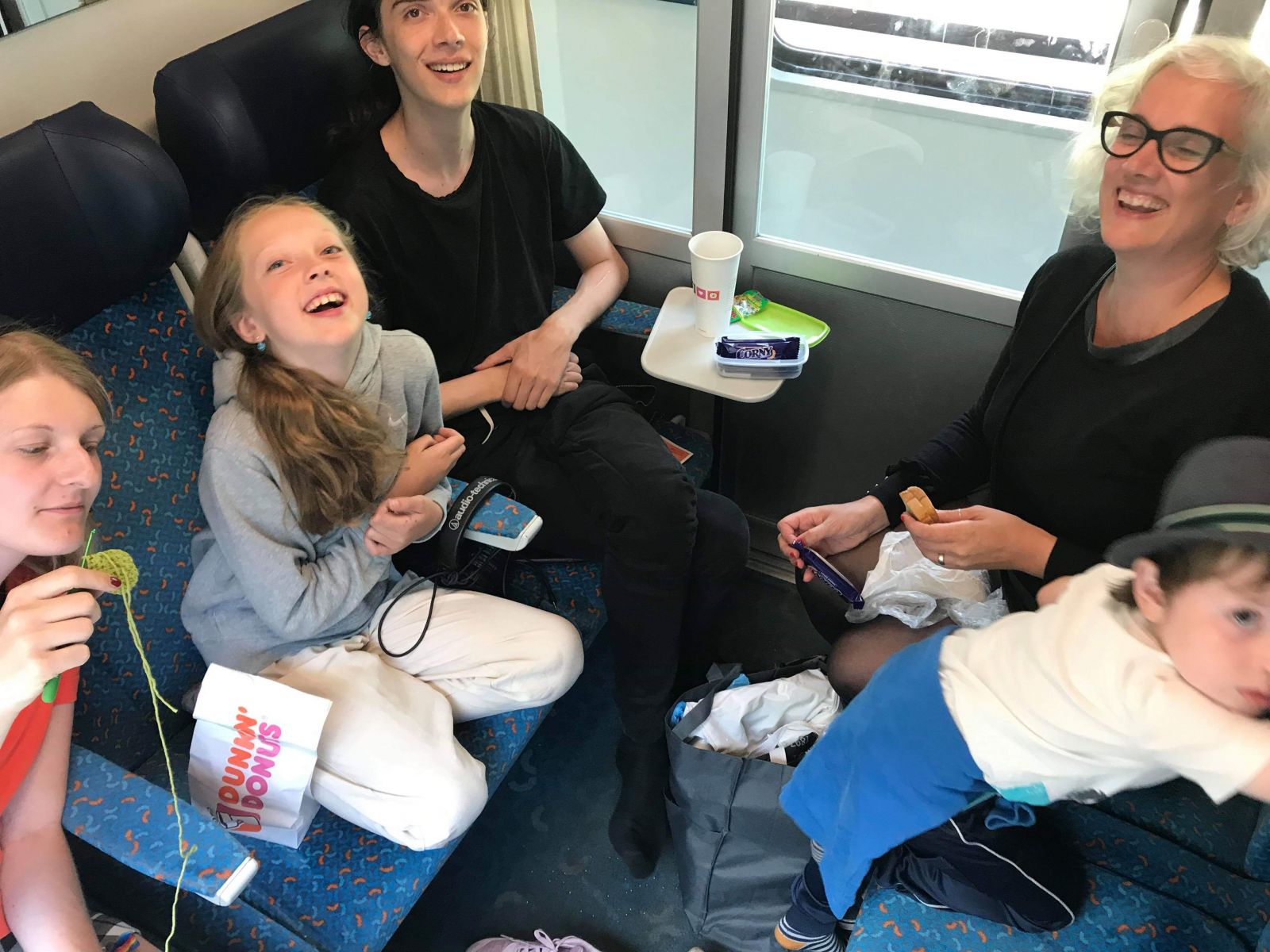
The internal dimension of shame is way more narcissistic, explains Florian Kock.
“Internal shame can be described with a metaphor: I can’t look at myself in the mirror anymore. The internal shame will often leave people with a feeling of doing something morally wrong. The interesting thing is that it’s extremely selfish. Some stop flying just to feel better, not because they’re concerned,” he says.
Both dimensions of shame are being investigated using surveys. And Florian Kock can already reveal some of the preliminary results of a survey that distinguishes between business and leisure travelers.
“Business and leisure travelers have the same level of flight shame, and both of them would say that it’s not okay. But, so far, our initial results indicate that the barrier for not traveling by plane is much higher for business travelers than for leisure,” he says and continues:
“It’s easier to argue against leisure travelers because it’s easier for them to choose a destination that doesn’t require flying. It’s the same with eating meat. For a long time, people have argued that they eat meat to allegedly sustain their health. But today you have endless options of meat substitutes. It’s harder for business travelers because you can’t reach the US by boat or train.”
Am I to feel ashamed forever?
Right now, I’m in the middle of planning a trip to Utrecht in the Netherlands. It costs DKK 1,089 for a return flight to Amsterdam with Norwegian. It takes 1.5 hours to get there. If I want to go by train it takes close to 12 hours and a one-way ticket costs DKK 1,400. This leaves me in a difficult position of feeling ashamed for even considering buying the flights, and on the other hand, I feel as though I don’t have a choice.
How do I cope with this nagging feeling? This is another question Florian Kock wants to explore.
“Often when people feel ashamed, they stop doing whatever it is that makes them feel that way. That’s the adaptive function of shame. The problem when it comes to flight shame is that it’s not that easy, and there are different strategies to choose from. One can either stop flying completely or offset their CO2 through websites such as Atmosfair. But there’s a paradox here,” says Florian Kock and continues:
“Carbon offsetting doesn’t necessarily lead to less flying, but instead allows people to continue flying without feeling ashamed. Hence while more people may feel ashamed today, the possibility of carbon offsetting may prevent air travel to decrease.”
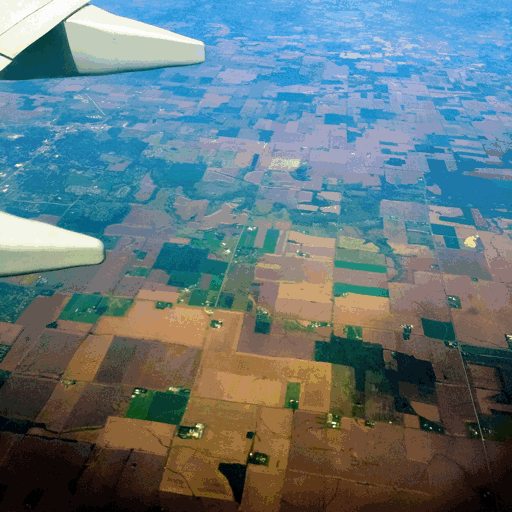
Florian Kock explains that the companies offering carbon offsetting often use the money for environmental improvement projects such as tree planting or clean air initiatives. But he’s afraid that they can prevent the shift in our mindset.
“If we increasingly experience flight shame, we start questioning our ways of mobility. We don’t question it if we don’t feel ashamed or find it wrong. It can, potentially, make us lazy and postpone the feeling of shame and shift in mindset to the future,” he says.
However, it’s not just carbon offsetting companies that could remove our flight shame. Florian Kock explains that if the external pressure we see right now disappears more people might fly.
“Right now, we live in a prosperous time. The economy is doing well, and people have the resources and time to think about these things. What I fear is that if the economy slows, caring about the environment could become less important for people. If the external pressure falls, people who only stopped flying due to the external pressure will not feel ashamed of flying anymore,” he says and adds:
“This mirrors Bertholt Brecht’s famous contention of ‘Grub first, then ethics’.”
Become the Tesla of airlines
Florian Kock is not just carrying out this research to get scientific knowledge in this field; he hopes that his results can nudge the market and the decision makers in a more sustainable direction.
“This research can show that there’s a growing market of people who feel ashamed of flying. There’s a segment of travelers who are concerned about flying. So if the airline could offer a greener product, for example, by having fuel-saving engines, they would open up for a new market. This could potentially lead to new innovation. And the airlines that pursue this could become the Tesla of the airline industry. So, I hope this can eventually motivate the airline industry,” he says.

Furthermore, Florian Kock would like the politicians, based on the research available, including his when it’s done, to start doing something to change people’s behavior and reward the ones who actually want to take action and limit their flying.
“We have to reduce the prices on other forms of transport, such as trains and buses. We can’t expect the consumer to switch from air travel to train travel unless there’s an option competitive in regards to price and convenience. We can’t demand that consumers travel less by plane if we don’t offer them competitive alternatives,” he says.



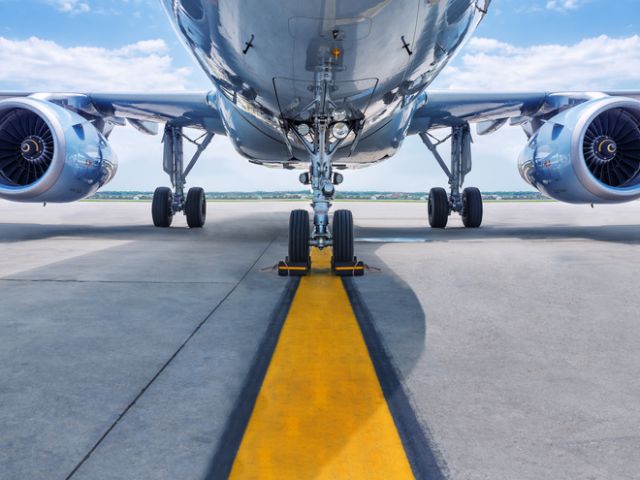
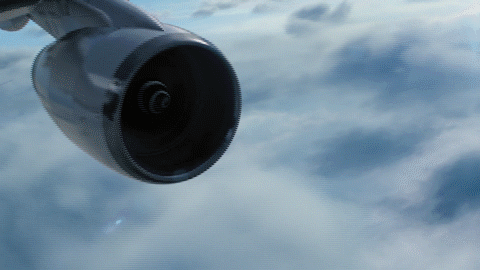
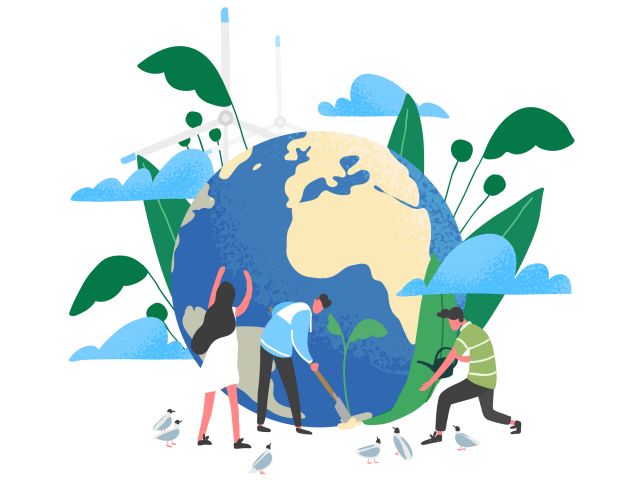

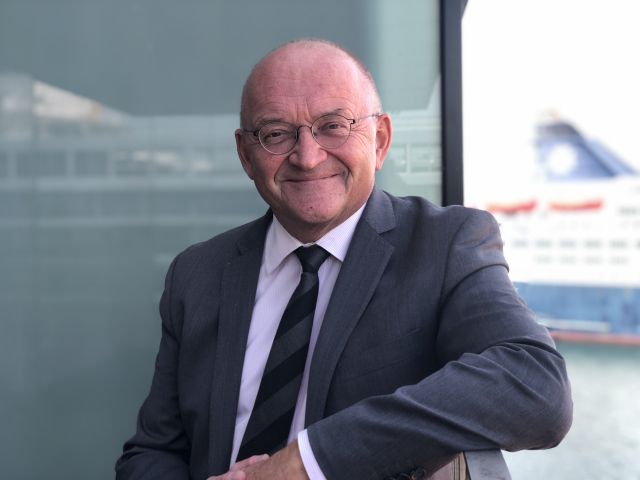






























































































































Why don’t you interview those who are not ashamed and compare the discourses? 😉